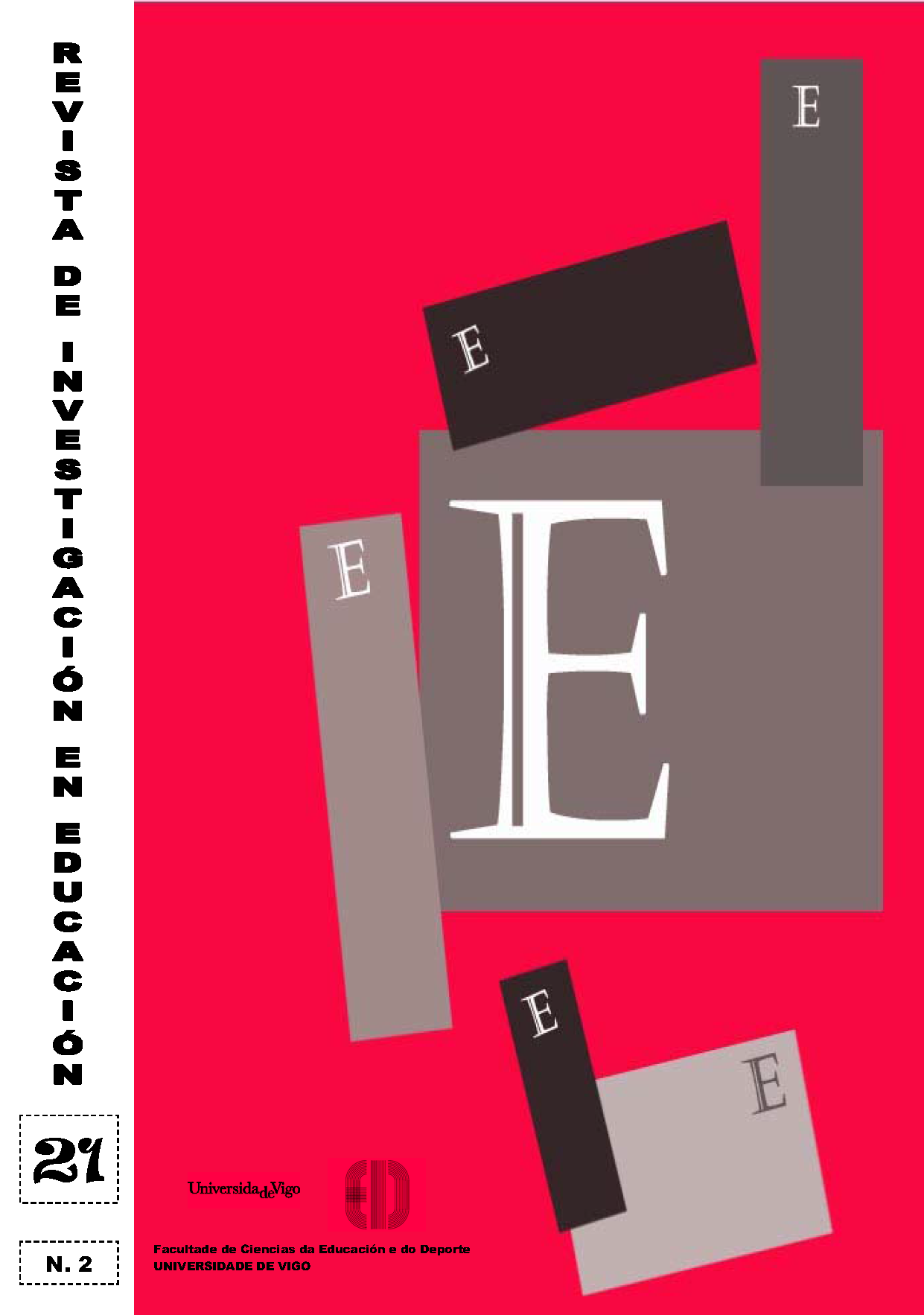Family Leisure of Adolescents in Rural Contexts: The Influence of Age
DOI:
https://doi.org/10.35869/reined.v21i2.4601Keywords:
Teenagers, Family, Leisure, Rural, SatisfactionAbstract
The rural environment is identified as an environment that has unique characteristics and determining factors that are different from the urban environment and that condition the maturation processes of adolescents and their family experiences; however, globalization is reducing the presence of those elements that make this environment unique. This article analyses the perception of family leisure among adolescents aged 11-13 and 14-16-years old living in rural contexts. A sample of 546 high school students answered an ad hoc questionnaire composed of 48 items, constituting a descriptive-correlational, cross-sectional and non-experimental study. In relation to family leisure, the results indicate that younger adolescents identify more weaknesses and strengths, as well as presenting a more active profile, and that their consideration of the agents and their family satisfaction is higher. Depending on age, significant differences are found in domestic leisure, the role of schools and the identification of family leisure as an ideal and relevant environment. Therefore, the need to revalue family leisure in rural contexts in order to increase the educational potential of this socio-educational phenomenon becomes evident.
Downloads
Downloads
Published
Issue
Section
License
Copyright (c) 2023 Revista de Investigación en Educación

This work is licensed under a Creative Commons Attribution-NonCommercial-NoDerivatives 4.0 International License.
The acceptance of the papers for publication, means that the printing and reproduction rights are owned by the journal. The conditions of use and reuse of content are those established in the Creative Commons CC BY-NC-ND 4.0 license.



